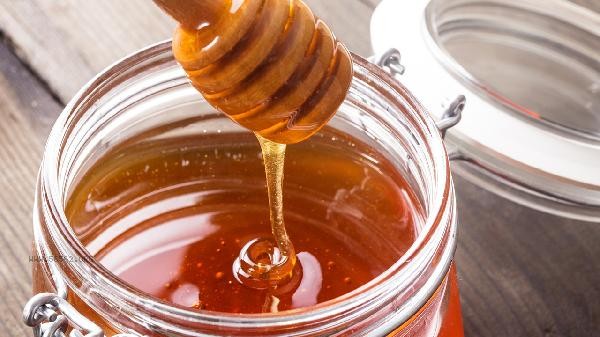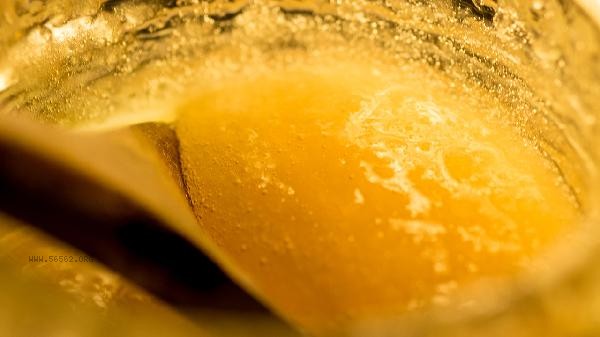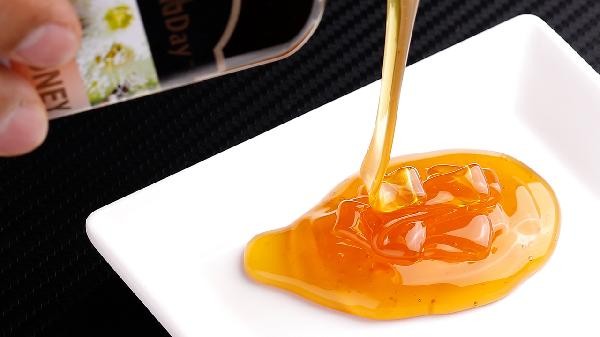Frozen honey may not necessarily be authentic, and the authenticity of honey is not directly related to whether it is frozen or not. Honey freezing is mainly related to factors such as temperature, moisture content, and sugar crystallization, and authentic honey may also solidify due to low temperatures. Honey is prone to crystallization or solidification in low temperature environments, which is a normal physical change. Pure honey contains a large amount of glucose. When the temperature is below 14 degrees Celsius, glucose will gradually precipitate and form crystals, causing honey to thicken or solidify. The crystallization rate of honey from different honey source plants varies greatly, for example, rapeseed nectar is easy to crystallize, while locust nectar is not easy to crystallize. Mature honey with low moisture content is more likely to remain liquid, while honey that has not been fully brewed may delay crystallization due to its high moisture content. Some adulterated honey may also freeze, for example, honey mixed with syrup or maltose may form uneven crystalline blocks at low temperatures. Authentic honey has a delicate and soft texture after crystallization, which is easy to melt when twisted by hand, while adulterated honey crystals have rough particles that are difficult to rub open. Whether honey is authentic or not needs to be judged by professional indicators such as pollen content and enzyme activity testing. Relying solely on whether it is frozen cannot distinguish authenticity.

It is recommended to store honey in a cool, dry place and avoid direct sunlight for daily storage. If honey crystals can be slowly reduced by heating them in warm water, the temperature should not exceed 60 degrees Celsius to avoid damaging the nutritional components. When purchasing honey, pay attention to checking the product testing report and prioritize selecting bee products with formal qualification certification. Crystallization belongs to the natural characteristics of honey, which does not affect the safety and nutritional value of consumption, and there is no need to question the quality due to changes in state.










Comments (0)
Leave a Comment
No comments yet
Be the first to share your thoughts!